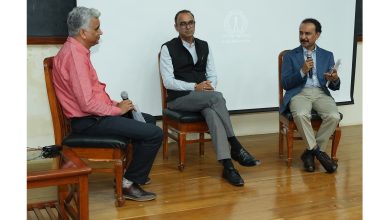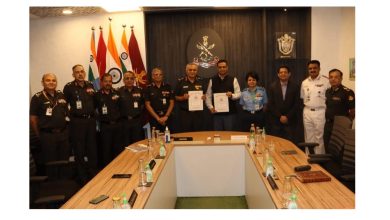Robocath performs first carotid stenting in France with R-One robot

The breakthrough in the neurovascular field was performed by Dr François Eugène and his team at Rennes University Hospital
Robocath, a company that designs, develops and commercialises innovative robotic platforms for the treatment of vascular diseases, has successfully conducted the first robotic carotid stenting at Rennes University Hospital. The breakthrough in the neurovascular field was performed on November 16, using Robocath’s R-One robot, operated by Dr François Eugène and his team.
The procedure is part of a clinical study, which is the first stage of an ambitious research program launched last July by Robocath and Rennes University Hospital, in partnership with Philips France. It aims to enrich the current and future generations of robotic platforms, with the long-term view of improving the treatment of cerebrovascular incidents (CVA, stroke).
Dr François Eugène, neuro interventionalist at Rennes University Hospital, said, “I am honoured to be one of the first operators in the world working in neurovascular robotics. Until now, there were no clinical investigations in Europe in this area, despite all its potential benefits. Strokes must be treated quickly but also with extreme precision. Robotics can operate with millimetre accuracy and offer new possibilities in terms of movement, as well as bringing more comfortable working conditions. In time, I am sure that robotic assistance will provide the population with optimal stroke treatment and equality of access to care in France, as well as in other countries facing the same public health issues.”
Lucien Goffart, CEO, Robocath, added: “Our robotic solution will enable procedures to be more precise and more reliable, which will benefit stroke patients by greatly improving their treatment. Linked with our remote connection module, in the future, our technology could treat 100% of patients in the best possible conditions.”
Philippe Bencteux, president and founder of Robocath, concluded, “Robocath’s founding ambition was to ensure the best possible treatment for all stroke patients. For the first time in the company’s history, this procedure has made that ambition a reality. It is a major step forward in our development; opening up some very promising new possibilities for our next robotic generation. I would like to thank Dr Eugène for his involvement. With his support, as well as that of Philips France, we intend to showcase the huge potential of robotics in the neurovascular field.”




